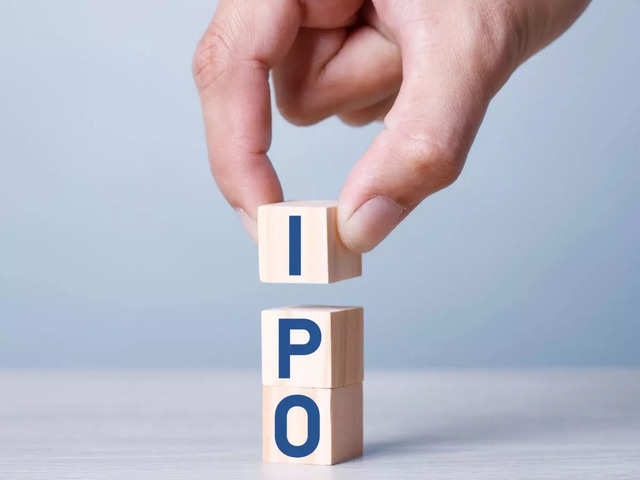
Facebook is cashing in on direct-to-consumer brands - even as marketers are scrambling to shift money elsewhere
- According to new research from Facebook, 45% of disruptor brands said that they've built their business on the platform compared to 15% of non-disruptor brands.
- That reliance may lessen as DTC companies look to other kinds of advertising to reach potential customers.
- Facebook is betting big on Stories to keep interest from disruptor brands strong.
With increasing ad prices and a need to diversify away from Facebook, a number of direct-to-consumer brands have started spending less on Facebook in the past year.
But Facebook is releasing research that says, not surprisingly, that the platform is still essential to those companies, with nearly half of disrupter brands saying they built their businesses on Facebook.
At the annual Consumer Electronics Show in Las Vegas this week, Facebook is releasing new research commissioned with Ipsos that surveyed 1,134 US companies. Two types of companies were surveyed: Disruptor brands that began selling products online before selling traditionally and non-disruptor brands that began selling products traditionally before selling online.
According to Facebook's findings:
- 45% of disruptor brands said that they've built their business on Facebook compared to 15% of non-disruptor brands.
- 76% of disruptor brands report that Facebook helped them expand to new markets versus 58% of non-disruptor brands.
- 73% of disruptor brands credited Facebook with increasing sales compared to 56% of non-disruptor brands.
Facebook's Carolyn Everson, VP of global marketing solutions, told Business Insider that anywhere from 10% to more than 90% of disruptor brands' budgets go towards Facebook. Fully 89% cited Facebook as an effective form of marketing and 72% reported "consistent revenue growth" as a result of Facebook.
The success some brands are having means that despite its prices going up, ditching Facebook is easier said than done for some. Dan Rosen, head of creative at contact lens brand Hubble, said that Facebook and Instagram are "by far our biggest marketing channel."
The Facebook bubble can only last so long
Direct-to-consumer brands are in the same boat with digital publishers when it comes to relying on Facebook to grow a business.
While Facebook has massive reach, DTC brands are increasingly trying to untether themselves from digital platforms. They're shifting spend into TV, print and out-of-home advertising to build offline businesses.
"Most brands now are wary of being too reliant on Facebook or are finding it harder to make Facebook work the way that it did before," JB Osborne, CEO and cofounder of Red Antler, an agency that specializes in working with startups and direct-to-consumer brands, told Business Insider recently. "Most businesses are spending the majority of their money on advertising with Facebook and Google, but that's just the landscape today - they're actively trying to find as many alternative channels and ways to reach customers."
Facebook is betting on Stories to keep the momentum going
Everson said direct-to-consumer brands have stronger ways of optimizing advertising to drive sales than traditional advertisers do. Such brands routinely upload hundreds to tens of thousands of ads on Facebook's platform every day.
"Because they have such a strong signal, they have a ton of confidence when they're investing on our platform," she said. "They know that when they put a dollar into our machines what is going to come out."
Unlike traditional brands that have larger budgets and are focused on measuring metrics like viewability that track how long an ad is in-view on a screen, DTC brands tend to fixate on hard metrics like conversions and subscription sign-ups.
"We've seen when we start targeting views or clicks as opposed to people with the objective to purchase, we get spammy traffic or our retention is terrible," said Hubble's Rosen.
As ad inventory in the news feed gets more expensive and crowded, DTC brands are among the first to embrace ephemeral Stories that users upload on Instagram, Facebook, Messenger and WhatsApp because there is less demand for Stories ads and they're cheaper, Everson said.
Framing startup Framebridge, for instance, put the largest share of its holiday Facebook budget behind Instagram Stories, leading to 25% of the brand's new customer purchases during the holidays, according to Everson.
Everson said that Facebook thinks of Stories as "a gold rush" for advertisers.
"Not every marketer has fully understood or embraced Stories yet because it's a very new format," she said. "You get these disruptors, they see that opportunity for pricing, they go in and they are just cleaning up."







